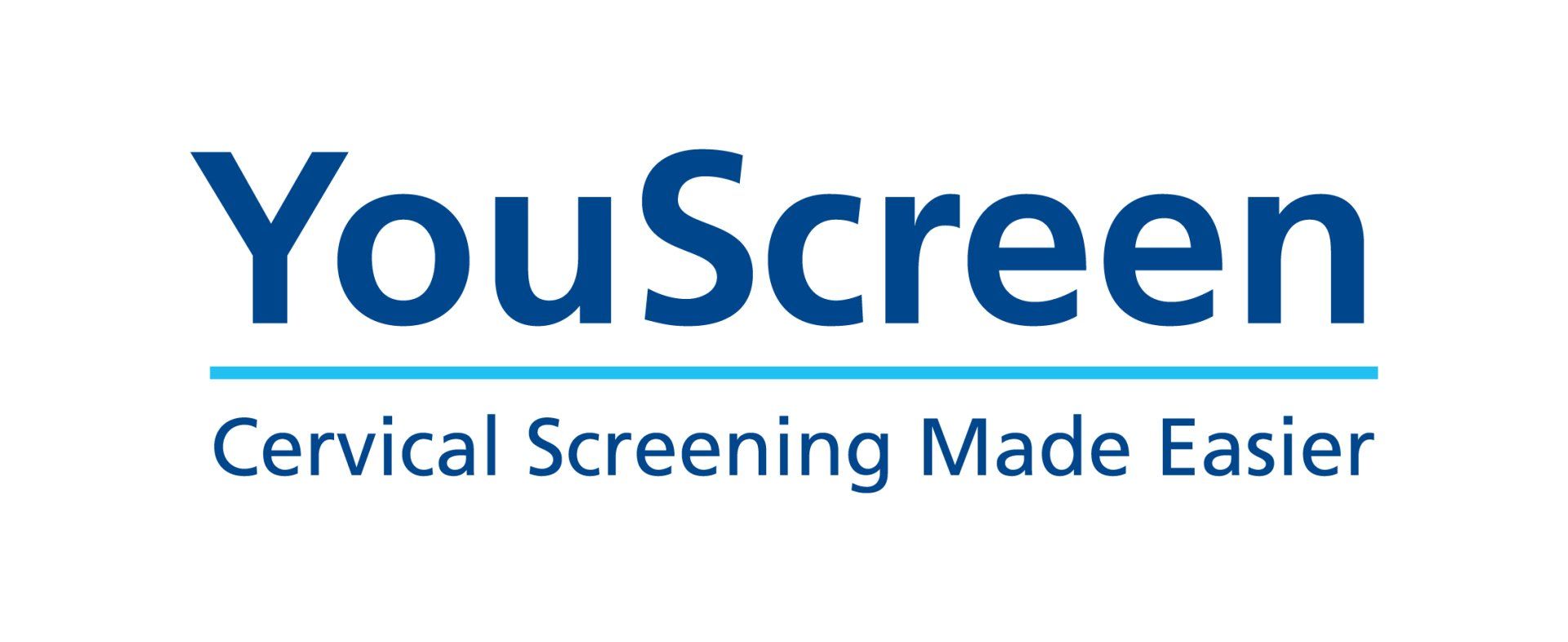COMPLETED TRIALS
Cancer early diagnosis
BEST3
BEST3: Randomised controlled trial comparing the Cytosponge-TFF3 test with usual care to facilitate the diagnosis of oesophageal pre-cancer in primary care
BEST3 investigated whether offering a sponge on a string to patients on long term acid suppressants would increase the increase the number of patients diagnosed with BO compared with standard management. A multicentre, pragmatic, randomised controlled trial was delivered across general practice clinics in England. 109 GPs in England took part. Overall, 13,222 patients participated and over half were invited to have a Cytosponge-TFF3 test.
Results, published in The Lancet, found 140 cases of Barrett’s were diagnosed in the Cytosponge group compared with usual care i.e. the odds of detecting Barret’s was ten times higher in the Cytosponge group. Additionally, that Cytosponge-TFF3 testing could potentially lead to the diagnosis of treatable dysplasia and early cancer.
BEST4 is currently underway - see current trials under 'Trial portfolio' for more info.
Further info: ISRCTN registry.
Cancer screening
E-Cigarette Registry
E-Cigarette Registry: A long-term health data repository of people who have quit smoking with and without using e-cigarettes
EC Registry attempted to deliver a national registry of participants that have been involved in EC trialS and stopped smoking with and without switching to vaping, with a view to collecting long term follow up data from electronic health record registries to deliver large-scale, cost-effective, long term follow up in key conditions of interest for smoking-related diseases.
The registry was coordinated by the CRUK Cancer Prevention Trials Unit at Queen Mary University of London in collaboration with the Queen Mary University London Health and Lifestyle research group. The project drew to a close in early 2023 following COVID and recruitment related challenges.
For further info, please see the
ISRCTN registry.
PREP
PREP: Helping Pregnant Smokers Quit: A Multi-Centre RCT of Electronic Cigarette and Nicotine Patches
PREP (Pregnant Smokers Study) trial compared these e-cigarettes and nicotine patches for smoking cessation during pregnancy. A total of 1,140 pregnant smokers were randomized to receive behavioral support (delivered via proactive phone calls) along with either nicotine patches or electronic cigarettes (EC).
Results, published in Nature, indicated that validated abstinence rates at the end of pregnancy did not differ significantly between the two groups. However, some participants in the nicotine patch group also used e-cigarettes during the trial. A pre-specified sensitivity analysis, which excluded abstinent participants who used non-allocated products, revealed that e-cigarettes were more effective than patches in promoting smoking cessation.
The safety profiles of the two interventions were found to be similar. Notably, low birthweight was less frequent in the e-cigarette arm. These findings suggest that e-cigarettes may help pregnant women quit smoking, with a safety profile comparable to nicotine patches.
For further info, please see the
ISRCTN registry.
VAPELINE
VAPELINE: Do e-cigarettes help smokers quit when not accompanied by intensive behavioural support?
Partial portfolio adoption (statistical and database support).
For further info, please see the
ISRCTN registry.
SCeTCH
SCeTCH: Effects of e-cigarettes vs usual care for smoking cessation when offered at homeless centres: A cluster randomised controlled trial
Partial portfolio adoption (database support).
For further info, please see the
ISRCTN registry.



